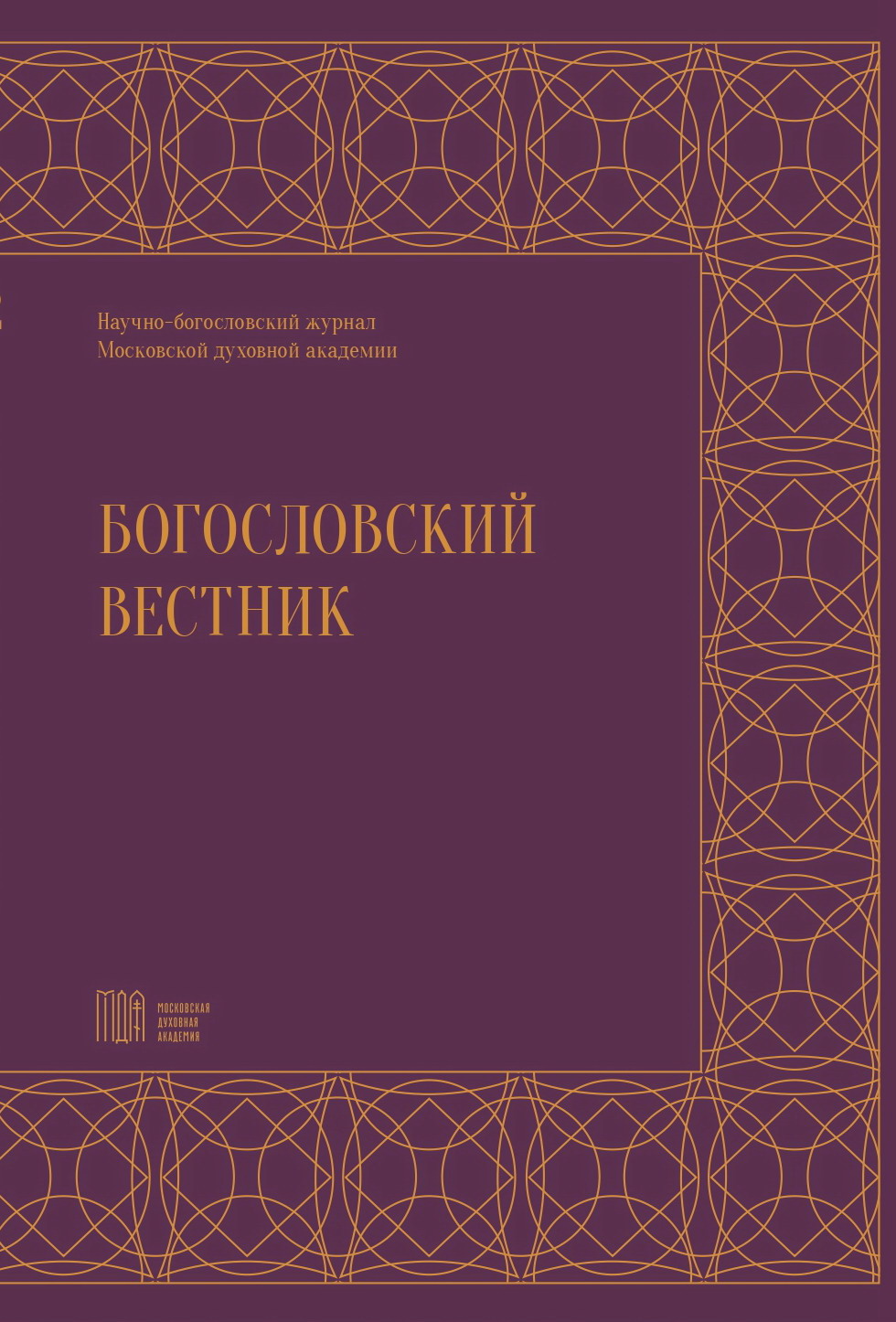Theological Loci in Science and Methodology of Scientific Cognition
DOI:
https://doi.org/10.31802/GB.2025.56.1.003Keywords:
theological locus, theology of science, scientific methodology, M. M. Bakhtin, methodology of humanities, theological habitus of scienceAbstract
The article is devoted to the existence of theological aspects in science and methods of scientific research. To describe these aspects, we use the concept of theological dimension, which was introduced by the Spanish theologian Melchior Cano(1509-1560) in the 16th century. He argued that natural reason, or scientific rationality, represents the so-called theological dimension. In contrast, internal theological dimensions are attributed to sacred scriptures, traditions, the activities of churches, ecumenical councils and authoritative texts of ancient saints. External dimensions include science and philosophy, along with history. In the twentieth century, Melchior's ideas were re-evaluatedwhen a full-scale dialogue between science and theology began and became necessary in terms of external dimensions. The author seeks to establish whether scientific method is a theological place, considering, in particular, G. Shchedrovitsky's methodological circle of the second half of the 20th century and M.M. Bakhtin's conceptual approaches. Also, the article proposes and substantiates the term"theological habit" to characterize the religious aspects of scientific theory.
Downloads
References
Maximus Confessor. Opusculum de anima [Sp.] // PG. T. 91. Col. 353–361.
Максим Исповедник, прп. Слово о душе / пер. архим. Амвросия (Погодина) // Православный путь. (Церковно-богословско-философский ежегодник. Приложение к журналу «Православная Русь» за 1995 г.). [Jordanville (N. Y.)]: Тип. Братства прп. Иова Почаевского; Свято-Троицкий монастырь, 1995. С. 91–97.
Бахтин М. М. К методологии гуманитарных наук // Бахтин М. М. Эстетика словесного творчества. Москва: «Искусство», 1979. C. 361–373.
Кано // Православная энциклопедия. 2012. Т. 30. С. 201–203.
Лешкевич Т. Г. Философия науки: учебное пособие для аспирантов и соискателей ученой степени. Москва: ИНФРА-М, 2008.
Мень А., прот. Исагогика: Курс по изучению Священного Писания: Ветхий Завет. Москва: Фонд им. Александра Меня, 2000.
Рупова Р. М. Антропологический детерминизм как развитие антропного принципа физики ХХ века в русле библейской космологии // Богословский вестник. 2021. № 4 (43). С. 79–89.
Учение о методе // Философский словарь / Основан Г. Шмидтом. Москва: Республика, 2003. C. 455.
Флоровский Г., прот. Спор о немецком идеализме // Флоровский Г. В. Из прошлого русской мысли. Москва: «Аграф», 1998. C. 412–430.
Флоровский Г., прот. Затруднения историка-христианина // Флоровский Г. В. Вера и культура: Избр. тр. по богословию и философии / [Отв. ред. Д. К. Бурлака, И. И. Евлампиев]. Санкт-Петербург: Изд. Рус. Христиан. гуманитар. ин-та, 2002. C. 671–707.
Щедровицкий Г. П. Московский методологический кружок: развитие идей и подходов. Москва: Путь, 2004. (Из архива Г. П. Щедровицкого).
Downloads
Published
How to Cite
Issue
Section
Categories
License

This work is licensed under a Creative Commons Attribution-ShareAlike 4.0 International License.








